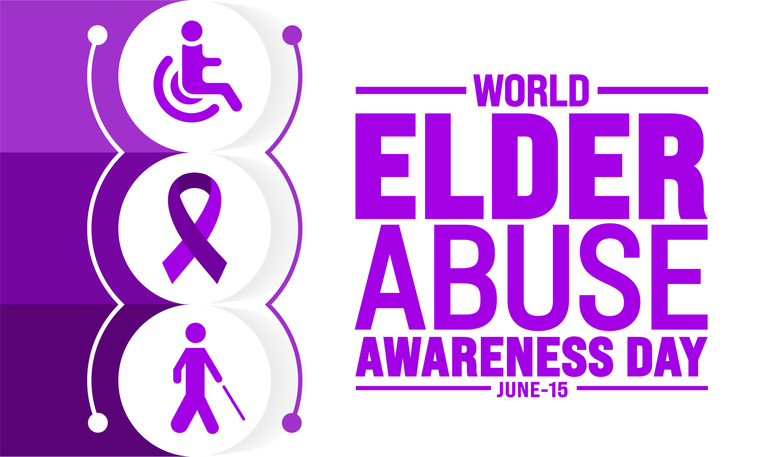
Elder abuse is a rising problem across Texas—learn to recognize the signs.
How Can I Tell If My Elderly Loved One Is Being Abused in a Nursing Home?
As serious as child abuse, elder abuse is a growing concern—especially with the aging population on the rise. With more seniors relying on caregivers and facilities for daily support, it’s more important than ever to protect them from harm.
In honor of World Elder Abuse Awareness Day (June 15, 2025), this blog will cover common signs of elder abuse, the legal responsibilities of caregivers and nursing homes, and what steps families can take if they suspect a loved one is being mistreated.
Common Signs of Elder Abuse
Elder abuse can cause lasting physical, emotional, and financial harm. Spotting the warning signs early is critical to stopping the abuse and protecting your loved one.
Signs of Physical and Emotional Abuse
Abuse can be verbal, physical, or emotional. If a loved one becomes unusually withdrawn, anxious, or fearful—especially around certain caregivers—it could be a red flag. Look for unexplained bruises, burns, or other visible injuries.
Signs of Neglect
Neglect is often easier to overlook but just as dangerous. Warning signs include poor hygiene, weight loss, untreated medical issues, or unsanitary living conditions. A neglected elder may appear disheveled or confused due to missed medications or lack of care.
Signs of Financial Exploitation
Seniors often trust others to manage their finances, which can lead to abuse. Sudden changes in banking activity, unpaid bills, missing belongings, or unusual purchases may point to extortion or theft.
If you suspect your loved one is being mistreated—even in a licensed nursing home—take action. What you expect to be a safe, caring environment could be a source of ongoing harm.
Caregiver and Nursing Home Liability
Nursing homes and caregivers are legally responsible for providing a safe, supportive environment. Their duties include:
-
Adequate food, water, and ventilation
-
Timely and proper medical care
-
Safe, clean living conditions
-
Supervision to prevent falls or injury
-
Respect for dignity and personal rights
Failure to meet these duties can result in legal consequences for both individual caretakers and facility owners.
How to File a Claim Against a Negligent Facility
To seek compensation for elder abuse or neglect, families must prove the facility breached its duty of care. The four required elements of a negligence claim are:
-
Duty of Care
-
Breach of Duty
-
Causation
-
Damages
Gather as much documentation as possible, including:
-
Medical records
-
Photos of injuries or conditions
-
Witness statements
-
Police or incident reports
Texas law sets a 2-year statute of limitations, so it’s important to act quickly.
Uncaring Nursing Home? Call Shaw.
Entrusted elders deserve the same care and respect they receive at home. If your loved one has been abused or neglected by a nursing home anywhere in Texas, you may be entitled to compensation for:
-
Ambulance Costs
-
ER Treatment
-
Surgeries
-
Medical Bills
-
Pain and Suffering
-
Missed Work
-
Wrongful Death
-
And More
We can help you find out for free.
Call Carabin Shaw today at 800-862-1260, or use the live chat to schedule your free case evaluation with one of our experienced elder abuse attorneys in San Antonio. No fees. No obligations. Just honest, expert legal help.
We look forward to serving you.
 Texas Injury Lawyers Blog
Texas Injury Lawyers Blog

